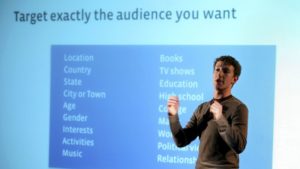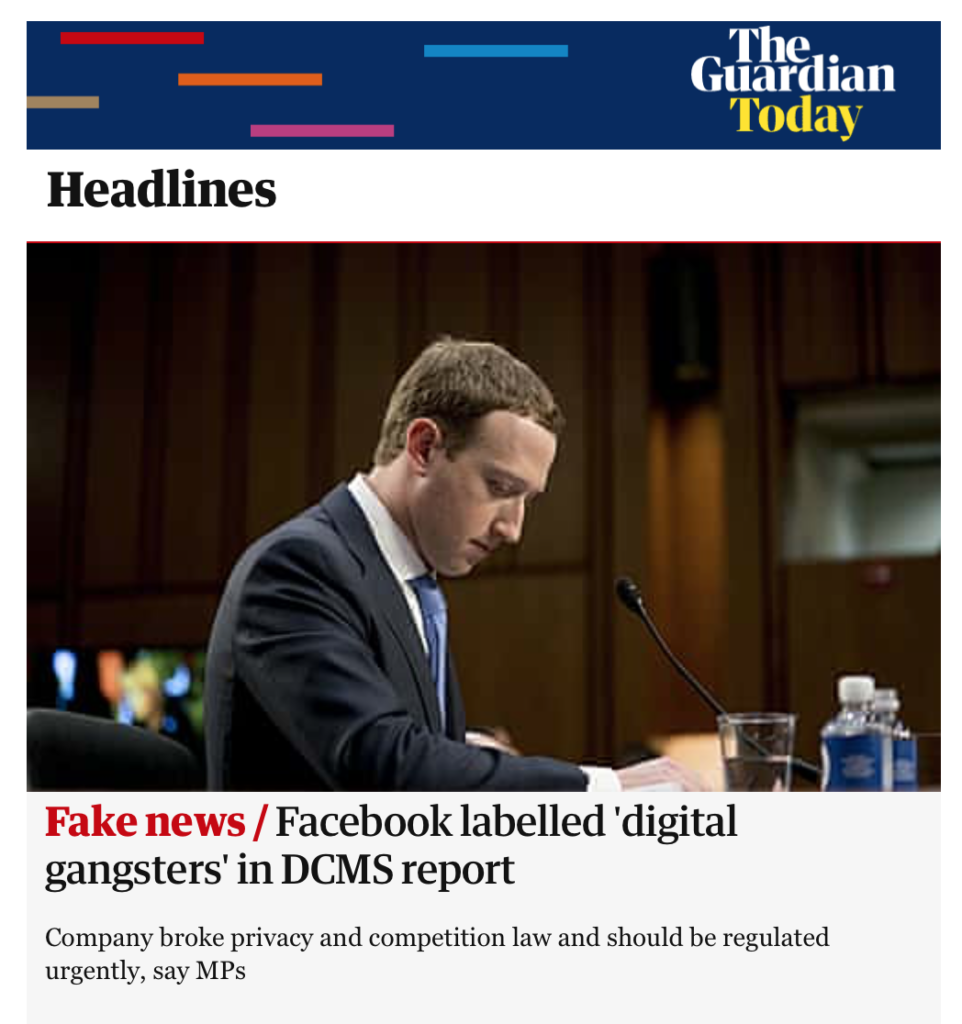One of the most remarkable aspects of the present is the way one tech giant has become a reformed character. Microsoft — the rapacious, bullying monster of Bill Gates’s heyday — has morphed into a good (or at least better) global citizen. It’s also insanely profitable again. In fact, just about the best thing one could have done with one’s pension fund would have been to have put a sizeable chunk of it into Microsoft stock. (The company is now worth a trillion dollars.) And every week a copy of a memo from the company’s President and Chief Legal Counsel, Brad Smith, drops into my inbox. Sometimes it contains useful and civilised ideas. No other corporate bigwig talks as much sense.
How has this transformation come about? This week the Economist has a go at identifying the things that made Gates’s creature a more tolerable behemoth. There are, it says, three lessons the other tech giants could learn from the Redmond experience under Satya Nadella’s leadership:
-
“First, be prepared to look beyond the golden goose. Microsoft missed social networks and smartphones because of its obsession with Windows, the operating system that was its main moneyspinner. One of Mr Nadella’s most important acts after taking the helm was to deprioritise Windows. More important, he also bet big on the “cloud”—just as firms started getting comfortable with renting computing power. In the past quarter revenues at Azure, Microsoft’s cloud division, grew by 68% year on year, and it now has nearly half the market share of Amazon Web Services, the industry leader.”
-
“Second, rapaciousness may not pay. Mr Nadella has changed Microsoft’s culture as well as its technological focus. The cult of Windows ordained that customers and partners be squeezed and rivals dispatched, often by questionable means, which led to the antitrust showdown. Mr Nadella’s predecessor called Linux and other open-source software a “cancer”. But today that rival operating system is more widely used on Azure than Windows. And many companies see Microsoft as a much less threatening technology partner than Amazon, which is always looking for new industries to enter and disrupt.”
-
“Third, work with regulators rather than try to outwit or overwhelm them. From the start Microsoft designed Azure in such a way that it could accommodate local data-protection laws. Its president and chief legal officer, Brad Smith, has been the source of many policy proposals, such as a “Digital Geneva Convention” to protect people from cyber-attacks by nation-states. He is also behind Microsoft’s comparatively cautious use of artificial intelligence, and calls for oversight of facial recognition. The firm has been relatively untouched by the current backlash against tech firms, and is less vulnerable to new regulation.”


